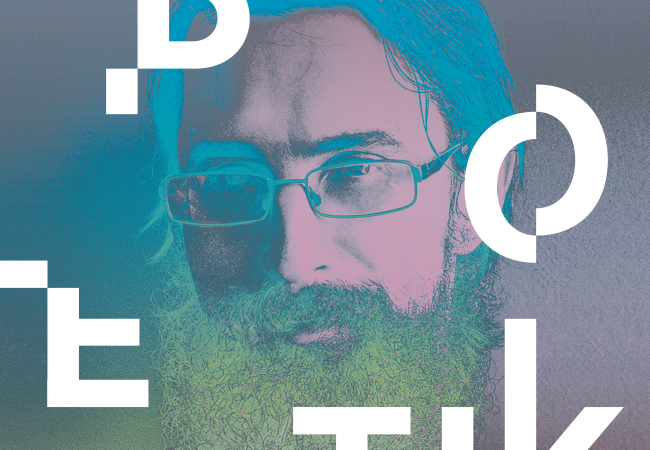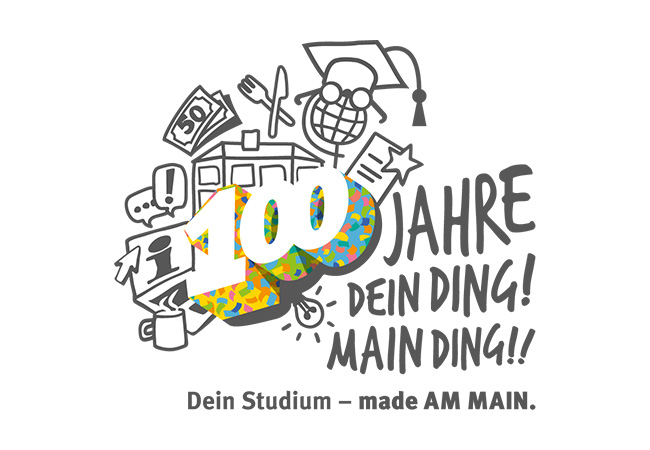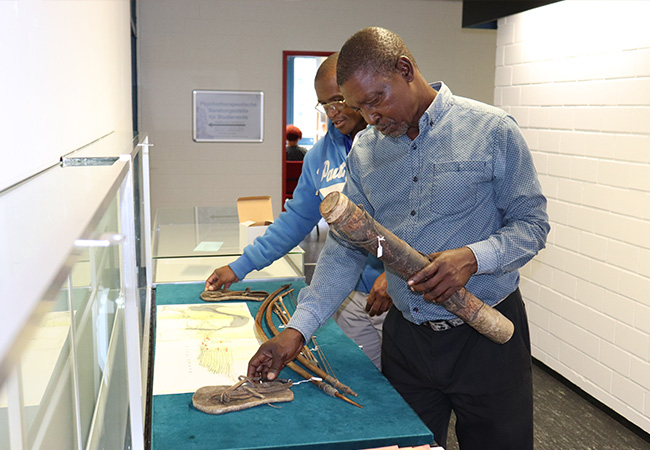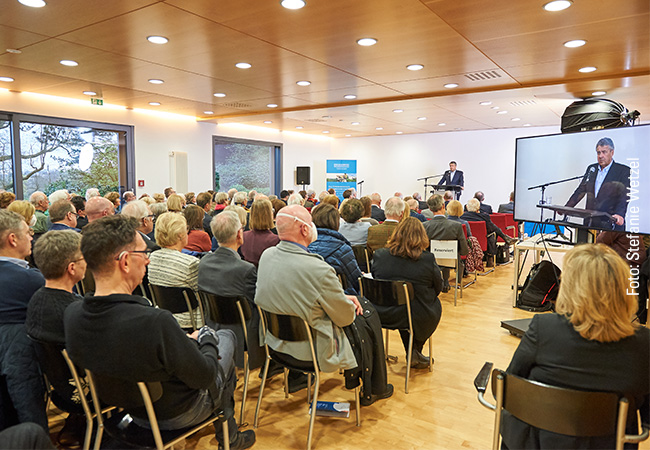Violence against children and young people is a global phenomenon. The master’s seminar, offered annually since 2017, starts with the question of how violence, in families especially, is dealt with in Germany and Israel. What societal and professional responses to violence experienced by the youngest members of society have been and are being discovered to date, how are affected children helped, and what attempts at violence prevention are being undertaken in Germany and Israel? These are central research questions that have become even more topical following the COVID-19 pandemic.
As part of the German-Israeli master seminar, twelve students working towards a Master of Educational Science from Goethe University Frankfurt and twelve students working on a Master of Social Work or Social Management from The Hebrew University of Jerusalem spend one week together in Israel and one in Frankfurt. They learn to exchange information and communicate on the occurrence, causes and consequences of violence in educational relationships and to contextualize it in the respective society and its history. In addition to reading, lectures and discussions of a classic seminar character, the students also visit social institutions, where professionals introduce them to their respective procedures and objectives, allowing the students to reflect on the scope and limits of such offers. One focus is on sexual violence and the two countries’ independent commissions for the reappraisal of sexual child abuse, which work in a similar way.

The course sets out to transmit the following goals:
- Research shows that professionals working in daycare centers, schools, as well as child and youth welfare often feel alone and helpless. Networks are crucial for handling suspected cases and offering the best possible support to affected children and adolescents, as well as for dealing with borderline violations and violence. The seminar introduces strong networks as resources to use both locally and internationally.
- Students get to know institutions from the respective country, what they offer, what challenges they face – knowledge that will serve as orientation on site in the future. This will sharpen their view of the different social and professional responses to the phenomenon of violence in childrearing and care relationships, and serve as a basis for discussions about commonalities as well as differences between and within the countries.
- The seminar includes an analysis of the past and its significance for present-day challenges and questions of intergenerational justice. In Jerusalem, students will visit the international Holocaust memorial Yad Vashem and focus in particular on testimonies about and remembrance of children and adolescents. In Frankfurt, they will visit the memorial site of Jewish social worker and social work theorist Bertha Pappenheim in Neu-Isenburg. Pappenheim, who openly campaigned against sex trafficking already early in the 20th century, ran an institution for unmarried Jewish women and their children. Many people, including Hamutal Ben-Arieh’s grandmother, received professional support here until 1938.













